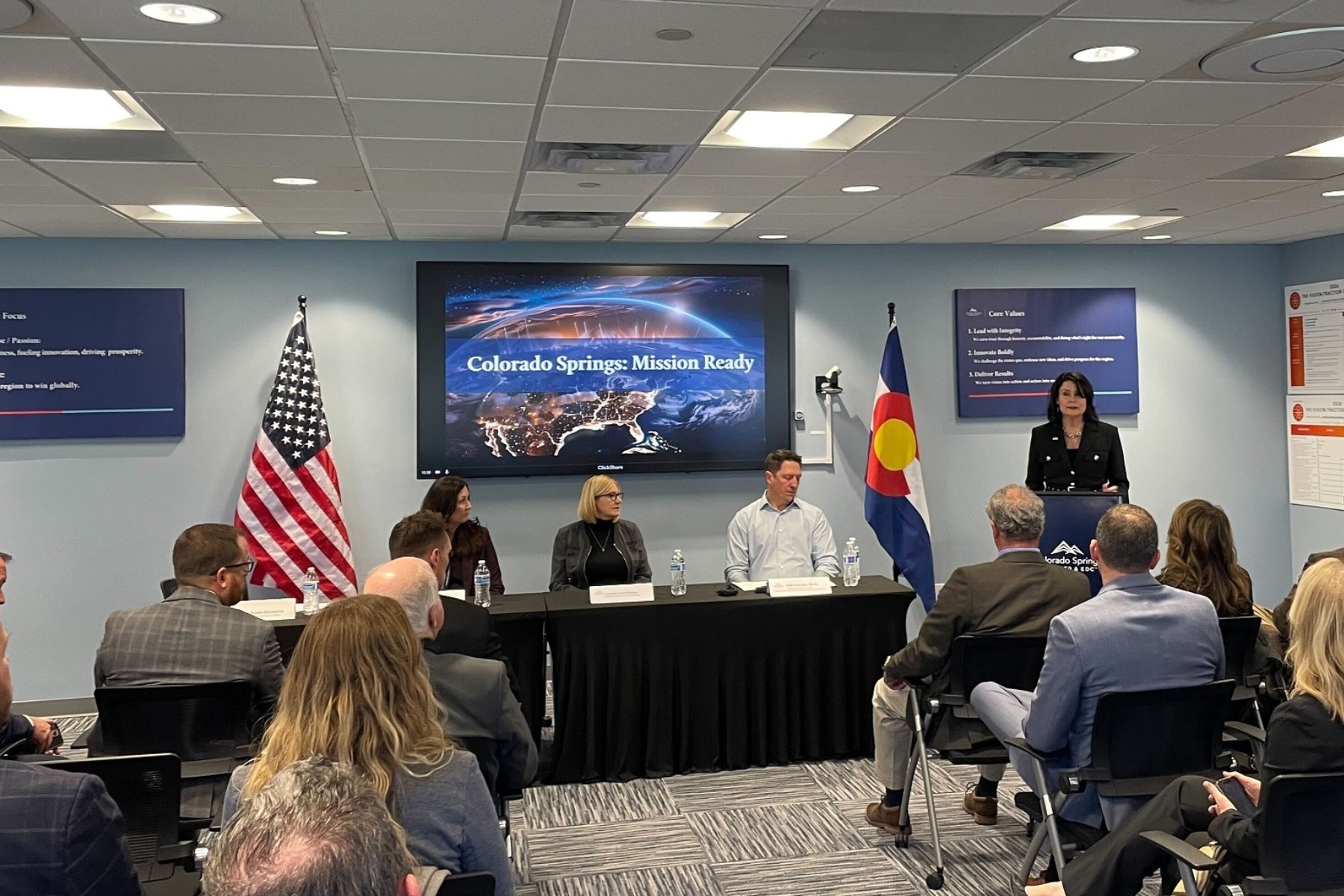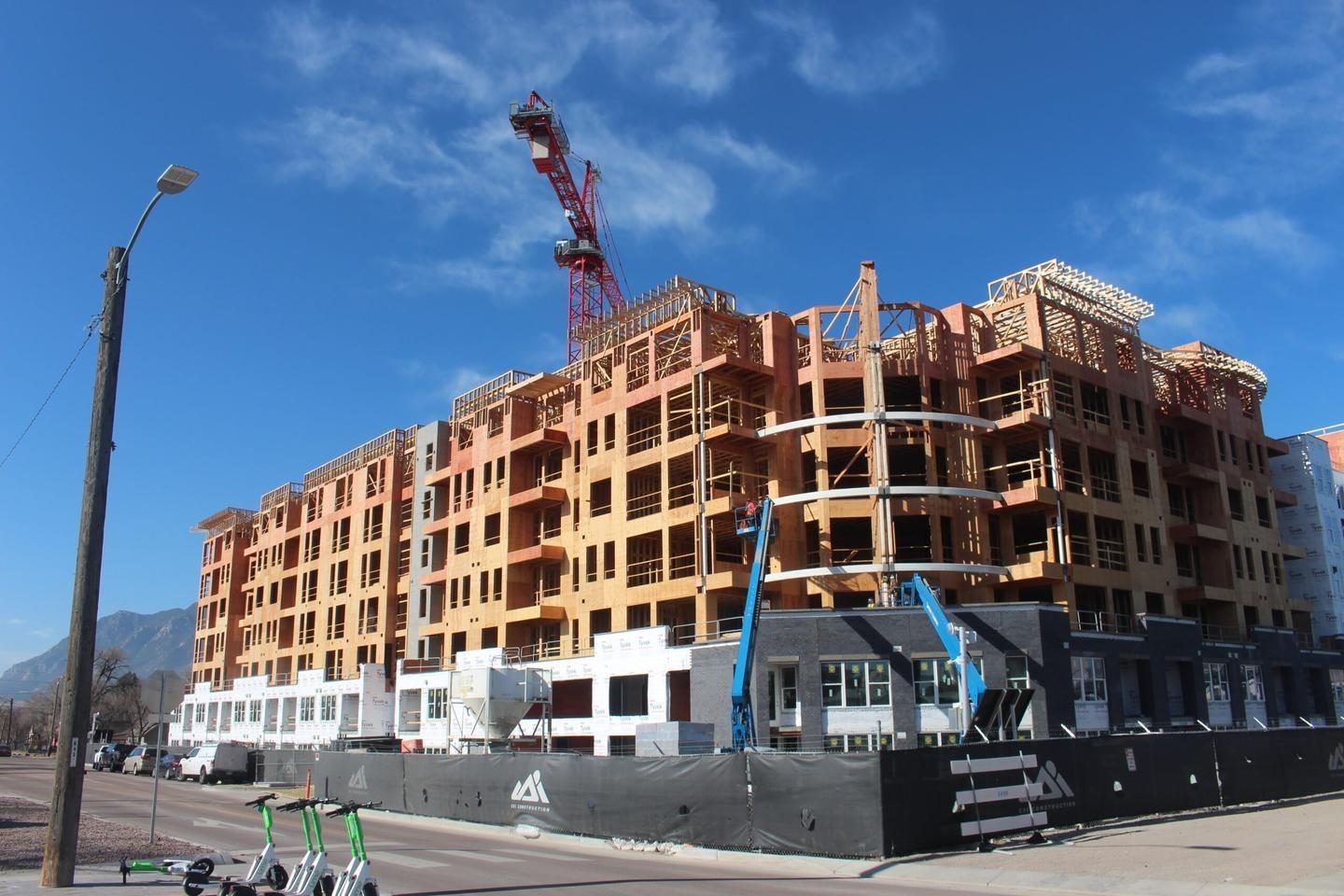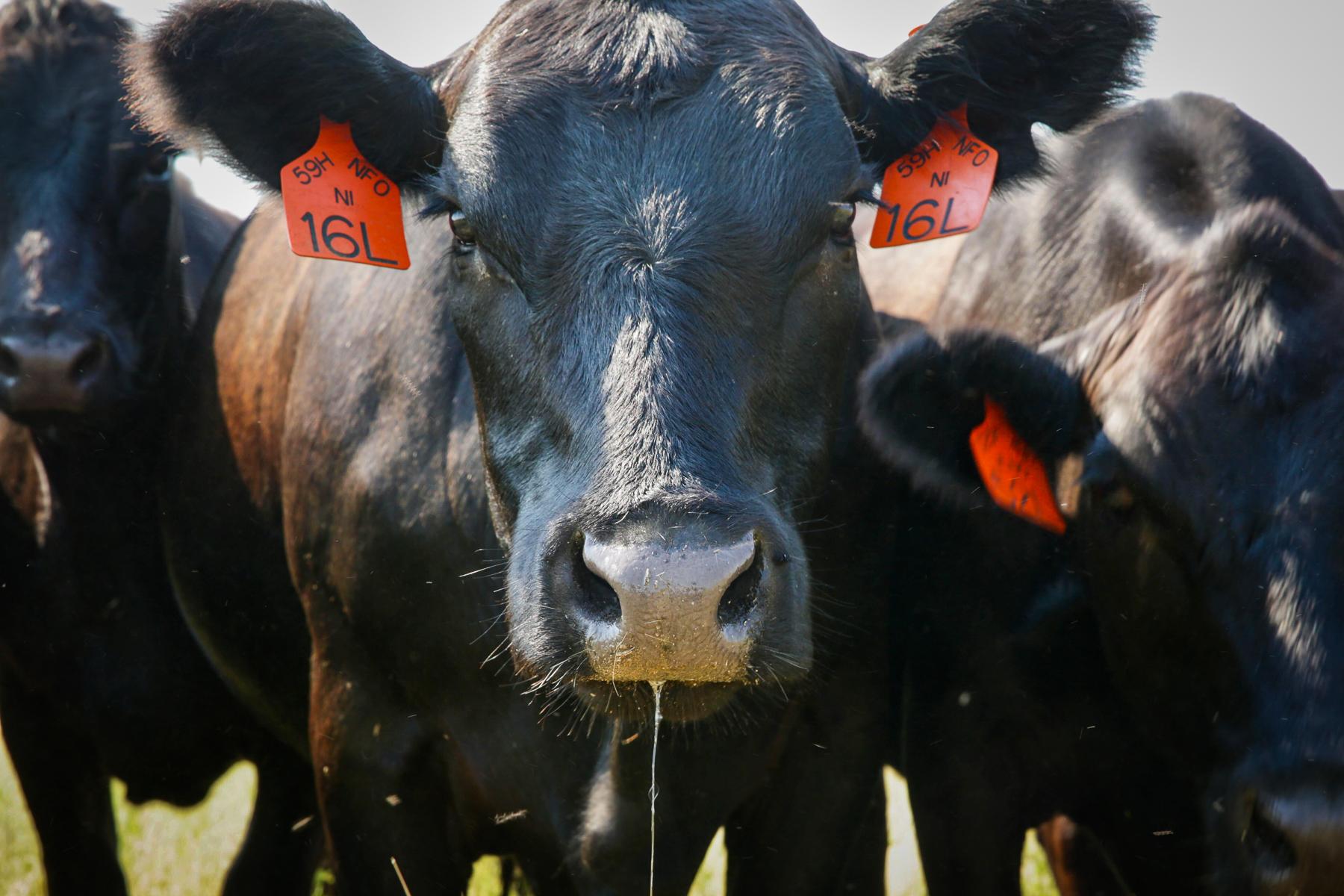
Colorado's historically packed Democratic gubernatorial primary has a looming unknown that will likely change the way candidates campaign: How are unaffiliated voters going to scramble the race?
Unaffiliated voters will be allowed to cast primary votes in the 2018 race after a ballot measure passed that gave all voters access to primaries for the first time. This means that the eight Democrats who have already declared candidacy will have to try and attract not only their own base voters — existing registered Democrats — but also the tens of thousands of voters who declined to register with either party.
About one-third of Colorado voters are unaffiliated, a number that continues to grow.
- Colorado Matters: The 2018 Gubernatorial Primary Could Be A Wild One
Secretary of State Wayne Williams says unaffiliated voters will get two ballots in the mail in the spring: a Republican and a Democratic slate. They’ll get to choose which primary to vote in, but they can’t vote in both.
“There will be very explicit instructions, probably in several places, telling them they only get to return one ballot,” Williams says. “In terms of the candidates, it’s challenging because you don’t know who all to reach out to and it’s going to be more expensive and so it makes campaigns more expensive.”
The Democratic primary already promises to be spectacular political theater: in the race are two congressman, a former state treasurer, a former state senator and a businessman, among others.
“It’s usually clear that someone is a front runner and he just kind of knocks everybody out of the way, but in this case you have a situation where probably all of them would make fine governors,” says Pat Waak, a former state Democratic party chair, who has endorsed former state treasurer Cary Kennedy. “For the most part, most people don’t like primaries … it’s going to take money to get your message out especially if you’re not known statewide.”
At least one of the candidates, Rep. Jared Polis, has promised to finance much of his own campaign. Records show Polis’ worth at more than $300 million. He says he will cap campaign contributions from individual donors to $100 in order to hear more from the grassroots.
Observers say several factors have fueled heightened interest on the Democratic side to run for governor. Waak says when former Interior Secretary Ken Salazar declined to run, it inspired a batch of ambitious Democrats waiting on the bench to jump in.
What’s happening in Colorado follows national trend lines, says University of Denver political scientist Seth Masket. Nationally, a record number of people are expressing interest in running for Congress and state legislatures in part in response to President Donald Trump.
“If you’re ever going to do it, now’s a pretty good time,” Masket says.
Long-time Colorado GOP political operative Dick Wadhams predicts his side of the aisle will also have a batch of qualified candidates because the open seat is so enticing.
More Republicans are expected to enter the race beyond George Brauchler, the Arapahoe County district attorney who gained notoriety for prosecuting the Aurora theater shooting trial. Among names rumored is Walker Stapleton, the state's treasurer.
The large group of Democrats vying for the nomination sets up a scenario that may help Republican candidates because he says the candidates will likely race to the left.
“The Democratic party is divided just like the Republican party,” Wadhams says. “It’s unified by only one thing: hatred for Donald Trump. But if the Democrats move to the left, I think that means there will be a clearer contrast between the Republican nominee and whoever emerges from the Democratic primary.”
Wadhams added, “It enhances the value of the Republican nomination.”









